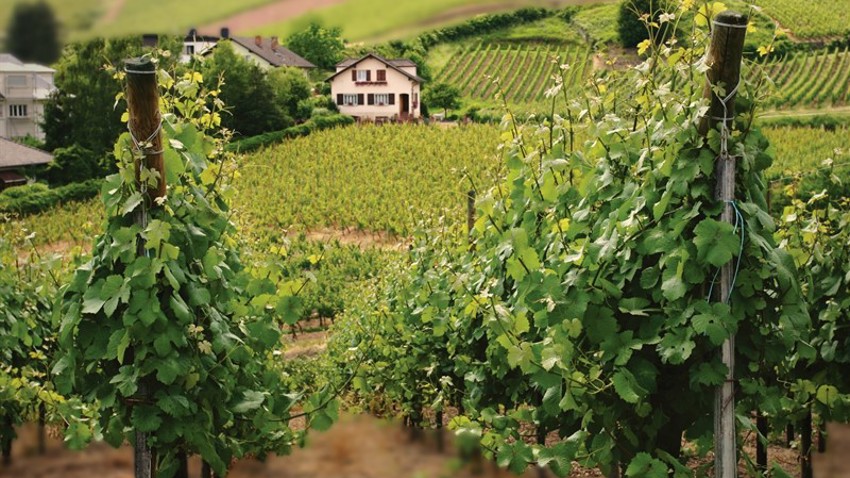
A definition of ‘terroir’ would be a good place to start when contemplating its meaning, although this is not an easy definition to track down. The best translations of this French word, hint at a ‘sense of place’; with words such as ‘region’, ‘land’, ‘soil’, ‘vine’ and ‘climate’ being employed.
A key tenet of terroir, is the belief that the combination of soil, climate and vine will lead to the production of a particular grape, which will be unique to the plot of land it is grown on. Whilst researching this piece, I was amused to see that the concept was being applied to the production of oysters, the term being used was ‘merroir’ – ‘like terroir but more watery’ reported The Washington Post.
However, there are other factors, such as winery-specific vinification techniques or local microbiomes - which influence the wine if wild fermentations are employed, that blur and complicate an understanding of terroir.
We asked a few of our winemaking friends about their views on the subject; we asked whether they believed in the concept of terroir and how it influenced their approach.

Philippe Zinck of Domaine Zinck has been responsible for producing his excellent Alsation wines from his Eguisheim winery for nearly two decades. Since 2011 the grapes have been farmed on the estate organically. Philippe is convinced that, ‘terroir is stronger and exerts more influence on the wine than any modern winemaking techniques’, expanding on this he states, ‘Terroir is a stamp of the soil where the vine is planted, it gives a unique identity to the wine; it’s what I like about wine, terroir influences the sophistication, texture and length of the palate. Without a doubt the best wines are all built from a good terroir – terroir puts emotion in a wine.’
Andrea Freeborough, Winemaker at Nederburg in South Africa see things similarly, ‘Terroir is a crucial part of winemaking. Being in the fortunate position of being able to source from a number of different terroirs, enables us to produce wines that are rich and complex, as each building block in the blends we put together reflects a unique sense of place, with its own unique set of aromas and flavours.’

José ‘Pepe’ Galante, Chief Winemaker at Salentein, sees the concept of terroir as, ‘the interaction between soil, climate and man.’ Our vineyards in Mendoza’s Uco Valley in central Argentina have alluvial soils that are made up of materials from the Andes: stony, with a prominent presence of limestone. It is very heterogeneous soil, giving us a variety of configurations within short distances of each other.
Our climate is continental, generally cold and dry with over 300 days on sunshine. As a result of these unique conditions of soil and climate, we, the viticultural community of Mendoza, had to carry out our own research to find the best grape stock and optimum viticultural techniques, including canopy management, to produce the distinctive character of the region’s internationally renowned Mendoza Malbecs.
I suppose we shouldn’t be surprised to hear similar views on the subject from winemakers around the world, each appreciating the effect of terroir on the wines they produce; after all the mantra, ‘great wine is made in the vineyard’ is well known.
If you want to stock any of the wines mentioned, you can place an order online now, or request an account with us; and don’t forget we’re here to support you with everything you need to ensure that your wine range is a success, from free menu design and print services to staff training.
